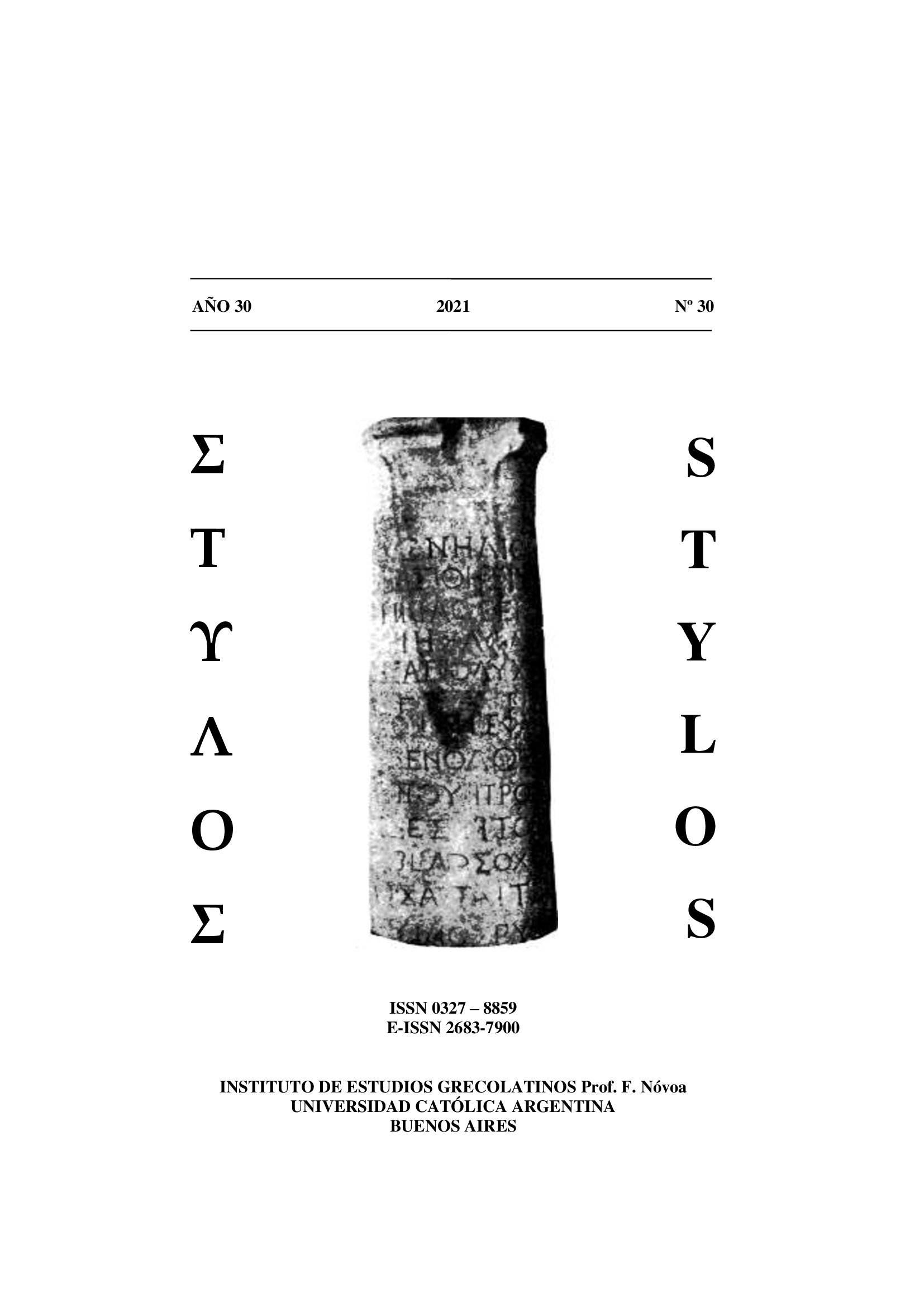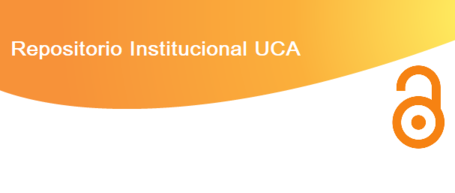LOS PRINCIPALES RASGOS DE LA PEDAGOGÍA SOCRÁTICA
DOI:
https://doi.org/10.46553/sty.30.30.2021.p36-43Keywords:
affection – dialogue – transmission – ignorance.Abstract
The figure of Socrates, as the main character in most of Plato’s dialogues, developed his philosophy through debate and the continuous exchange of ideas with his fellow citizens. Although this dialogical character has lost ground in the later history of philosophy, we consider it relevant to analyze the main features of Socrates' pedagogical approach in order to reflect on our teaching practice. First of all, the dialogues that Socrates holds with his interlocutors always involve an affection, a pathos, whether it be anger, disturbance, admiration, etc. Thus, the person in dialogue with Socrates is never indifferent to what is being discussed, and together with the mobilisation of thought there is an emotional engagement. Secondly, we have the dialogue format as the framework in which Socrates' thought takes place. Thirdly, Socrates is characterized by transmitting, more than a content, a way of being, that is to say, an attitude, a gesture, a way of living philosophically. Fourthly, his relationship with knowledge and with ignorance: Socrates finds in ignorance a positive value as a driving force on the road to knowledge. Taking Plato's dialogues of youth and maturity as a testimony, in this paper we will specify and problematize these four features.
Downloads
References
GUTHRIE, W. K. C. Historia de la filosofía griega, Vol. III, Parte II: Só-crates, trad. esp. de J. Rodríguez Feo, Madrid: Gredos, 1988.
KOHAN, W. Filosofía, la paradoja de aprender y enseñar, Buenos Ai-res: Libros del Zorzal, 2008.
PLATÓN. Banquete, trad. esp. de E. Ludueña, Buenos Aires: Colihue, 2018.
RANCIÈRE, J. "Capítulo II: La lección del ignorante", En: El maestro ig-norante. Cinco lecciones sobre la emancipación intelectual. Bue-nos Aires: Del Zorzal, 2007.
VERMEREN, P. "Sócrates pedagogo". En: G. Frigerio y G. Diker, (comps.) Educar: saberes alterados, Buenos Aires: Del Estante, 2010.
Downloads
Published
How to Cite
Issue
Section
License






